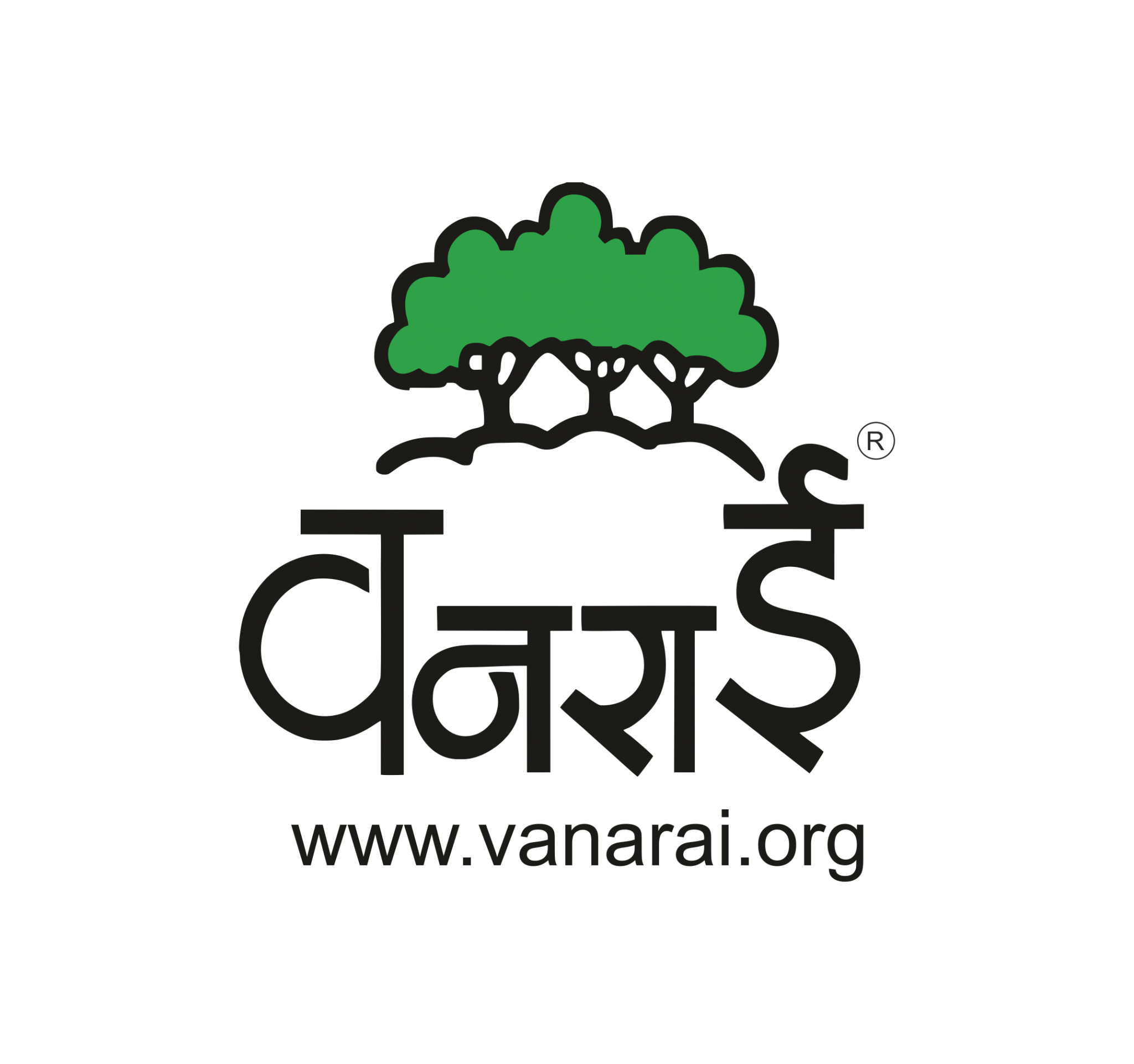Cause Area
Primary Sectors
Geographies Served
Programs
-
Water and soil conservation
StateStates
Maharashtra
In India, the challenges of drought and desertification are widespread, significantly affecting rural communities' ability to meet their basic needs, reducing agricultural productivity, and giving rise to various social issues. Vanarai's foremost objective is to enhance the water and soil conditions in villages. To achieve this, it embraces a Ridge to Valley approach, mitigating runoff and its detrimental consequences by implementing measures to capture water at multiple points. This strategy increases water recharge levels and enhances soil fertility, ultimately ensuring water security for the years ahead.
-
Agriculture and livestock development
StateStates
Maharashtra
Agriculture remains the cornerstone of rural economies. However, issues such as low agricultural productivity, declining farmer incomes, and shrinking cultivable land persist. Vanarai addresses these challenges by empowering farmers with scientific approaches and practices tailored to the local ecosystem, soil characteristics, water resources, and weather conditions. It conducts capacity-building initiatives for farmers, emphasizing favourable cropping patterns to boost productivity and output. Moreover, it empowers farmers to explore value-added opportunities in agricultural produce.
-
Afforestation and ecological restoration
StateStates
Maharashtra
Rapid industrialization and urbanization have diminished green spaces, exacerbating climate change. Afforestation involves introducing vegetation in non-forested areas. Ecological restoration aids the recovery of degraded ecosystems. Vanarai focuses on planting indigenous species in harmony with local ecosystems. It also encourages farmers, students, and citizens to participate in tree planting initiatives.
-
Health and sanitization
StateStates
Maharashtra
Open defecation remains a prevalent issue in rural India, leading to the spread of diseases due to improper drainage, unhygienic practices, waste mismanagement, and inadequate healthcare infrastructure. To address these hygiene challenges, Vanarai has initiated various initiatives on an individual, social, and village level. These efforts include providing toilets, organizing health camps, implementing solid waste management and wastewater management programs, and promoting cleanliness drives in villages.
-
Education and empowerment
StateStates
Maharashtra
Despite a decrease in illiteracy rates among the rural population, challenges persist due to inadequate educational infrastructure, limited access to quality education, and financial constraints. Vanarai addresses these issues by enhancing the quality of education for socioeconomically disadvantaged communities, improving educational infrastructure, and introducing innovative teaching methods.
Furthermore, there is a growing need to create self-help groups (SHGs), develop skills, empower women, and provide training and awareness programs in rural areas to enhance income opportunities and improve financial conditions. Vanarai actively supports the establishment of SHGs based on market demands, offers seed capital, and conducts capacity-building initiatives from production to marketing strategies.
Leadership Team
-
Ravindra Dharia
President
-
Dr. Raghunath Mashelkar
Chairman
-
Nitin Desai
Trustee
-
Girish Gandhi
Trustee
Demographics & Structure
-
Organisation Strength
None
Registration Details
-
PAN Card
AAATV0789P
-
Registration Number
E1060
-
CSR Form 1
Not Available
-
80G
AAATV0789PE20211
-
12A
AAATV0789PF20211
-
FCRA
083930253
About
-
Headquarters
Pune, Maharashtra
-
Since
1986
Impact
The water and soil conservation initiative has led to save about 580 crore litres of water. Over 2,52,425 cubic meter soil conserved till date. Vanarai has planted and distributed over 2.3 crore trees and saplings and created 2800 acres wasteland plantation. It has supported the creation of 1880 acres of horticulture plantation. The afforestation initiatives have resulted in the generation of over 2360 crore kgs of oxygen per year. Vanarai’s health and sanitization interventions have benefitted 26441 beneficiaries who got access to clean toilets. Over 10,000 school girls got access to toilets attached with sanitary pad vending machines and incinerators It partnered with hospitals to provide treatment to 30,000 beneficiaries. The health initiatives got water purification system to over 37 schools. Over 36000 women benefitted through 1800 SHGs. More than 3946 BPL students offered scholarships.
Vision and Mission
Vanarai's vision is to combat climate change challenges through a people's movement to create a clean, green, water-prosperous and socio-economically empowered India. Its mission is to empower rural India through natural resource management, fulfillment of basic necessities and capacity building.
Political & Religious Declarations
-
Political Affiliation
-
Religious Affiliation
Location
-
Offices in Cities
Pune
Other Details
-
Type
Non-profit
-
Sub Type
Trust
Website
Technology Adoption
-
SOC 2 Compliant
No
-
Financial Management
-
Beneficiary Management

